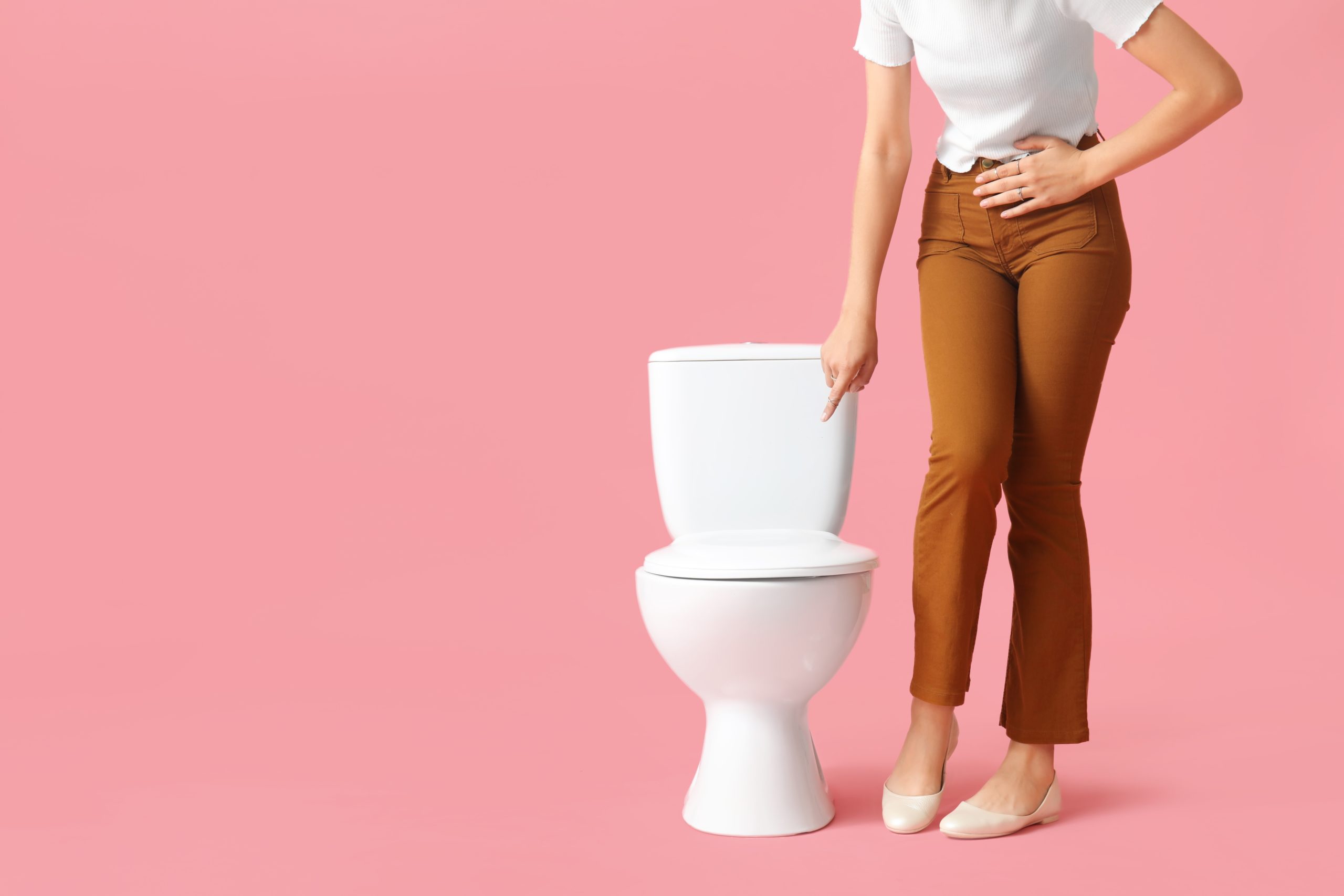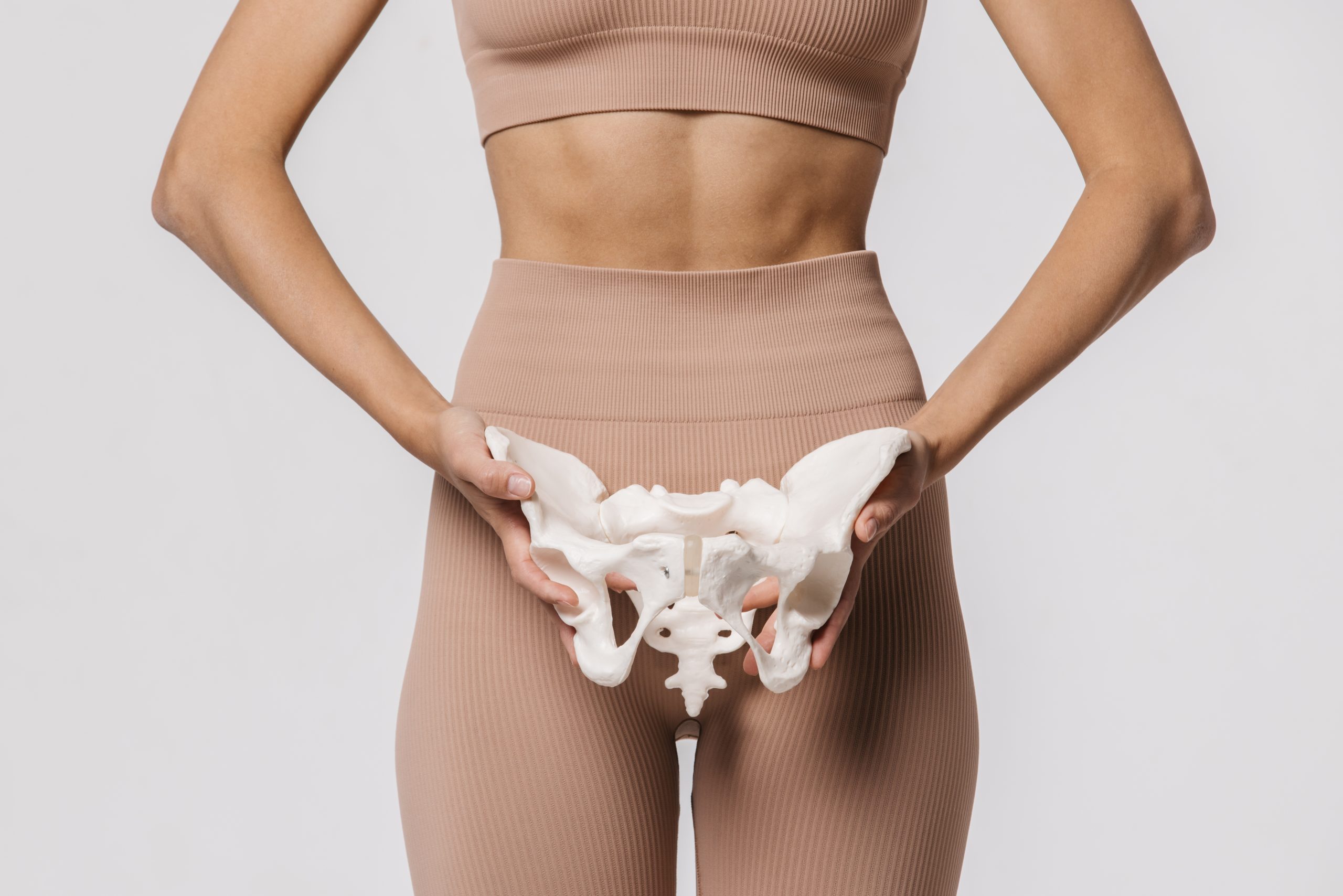
9 Tips To Keep Your Bladder Healthy
People rarely talk about bladder health, but everyone is affected by it. While you can’t control everything that affects your bladder, here are 9 steps you can take to keep it as healthy as possible:
1) Do pelvic floor muscle exercises.
Pelvic floor exercises, also known as as Kegel exercises, help hold urine in the bladder. Daily exercises can strengthen these muscles, which can help keep urine from leaking when you sneeze, cough, lift, laugh (AKA stress incontinence), or have a sudden urge to urinate (AKA urge incontinence or overactive bladder). Learning the correct technique for these exercises is key for getting the most benefit. This can be done with a pelvic floor physical therapist or with a device that can be ordered by a health care provider.
Read this article to learn about the differences between stress incontinence and urge incontinence (OAB).
2) Exercise regularly.
Physical activity can help reduce bladder problems as well as constipation (bowel function may have a direct impact on bladder symptoms). It can also help maintain a healthy weight.
3) Maintain a healthy weight.
People who are overweight may be at higher risk for leaking urine. Making healthy food choices and being physically active can help keep a healthy weight.
4) Watch what you eat.
Some people with bladder problems find that certain foods and drinks (especially acidic items), such as sodas, spicy foods, citrus fruits and juices, and tomato-based foods, make bladder symptoms worse. Changing your diet may help you feel better.
5) Drink enough fluids, especially water.
More than half of the human body is made up of water, so it is important that you are drinking enough. How much water you need can vary based on your size, activity level, and where you live. In general, drink enough fluids that your urine is a normal yellow color. If the urine is clear you may be drinking too much, which may play a role in bladder symptoms. Some people need to drink less water because of certain conditions, such as kidney failure or heart disease. Ask your health care provider how much fluid is healthy for you.
6) Limit alcohol and caffeine intake.
For many people, drinking alcohol can make bladder problems worse. Caffeinated drinks (like coffee, tea, and most sodas) can irritate the bladder and increase symptoms such as urinary frequency or urgency. Cutting down may help.
7) Avoid constipation.
Too much stool built up in the colon, called constipation, can put pressure on the bladder and keep it from expanding the way it should. Eating plenty of high-fiber foods like whole grains, vegetables, and fruits), drinking enough water, and being physically active can help prevent this from happening. If these do not work, there are other options available at your local pharmacy, such as stool softeners.
Check out our online wellness store for options to help with constipation issues. TIP: type “constipation” in the search box for products hand-picked by Dr. Lotze to help treat constipation.
8) Quit smoking.
Bladder problems are more common among people who smoke. Smoking can also increase the risk for bladder cancer. If you smoke, consider taking steps to quit. Talk to a health care provider about options to aid in smoking cessation.
9) Know your medications.
Some medications may make it more likely for your bladder to leak urine, such as diuretics. Medications that calm your nerves so you can sleep or relax may dull the nerves in the bladder, and you may not feel the urge to go to the bathroom. Bringing your list of medications to any doctor appointments is highly encouraged.
When To Seek Help
Bladder problems can disrupt day-to-day life. When people have bladder problems, they may avoid social settings and have a harder time getting tasks done at home or at work.
Some signs of a bladder problem may include:
- – Inability to hold urine or having leakage of urine
- – Urinating more frequently or more urgently
- – Waking up to urinate more than once during the night
- – Trouble starting a urinary stream
- – Having a weaker urinary stream
- – Difficulty emptying the bladder
If you experience any of these symptoms, talk to a health care provider. If it’s time for you to make an appointment to work towards freedom from your bladder symptoms, contact us today!
Connect With Us
Questions or concerns? Please contact our office directly.
Be sure to check our blog regularly for new posts, and follow us on Facebook and Instagram @PeterMLotzeMD for health and wellness tips and more!




Tsholofelo Eliza Mathe
I have a bladder problem when it’s cold please I need help